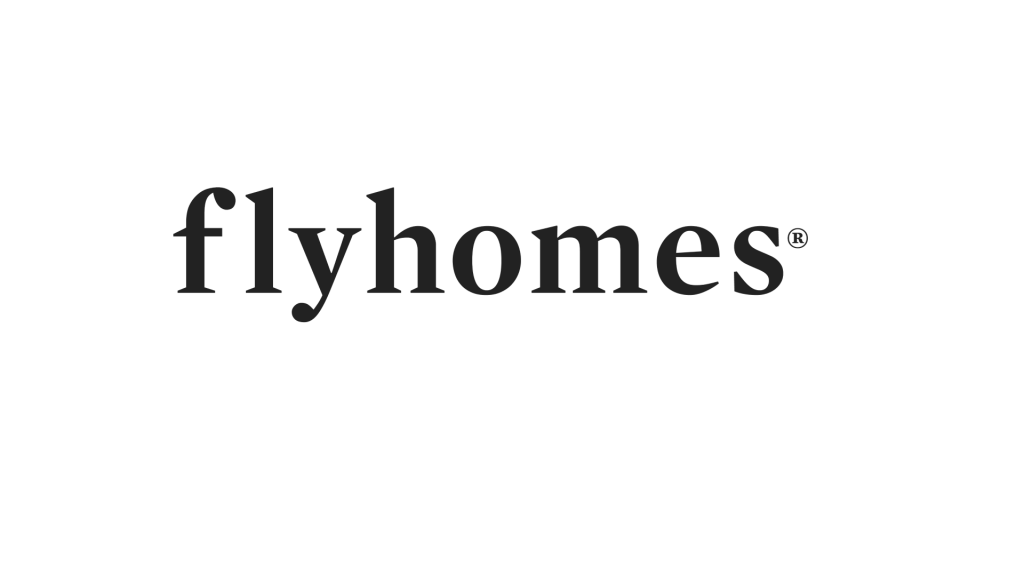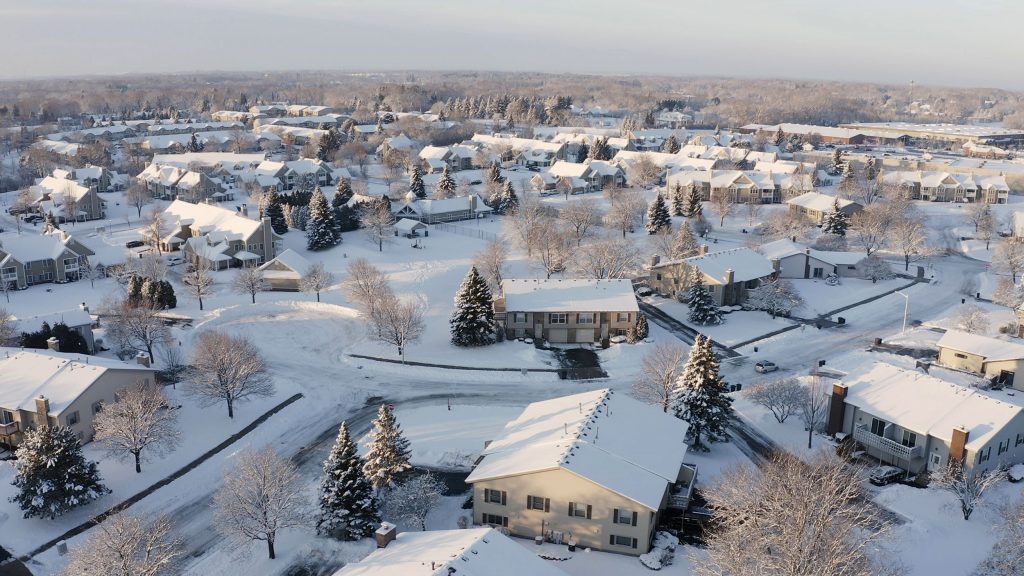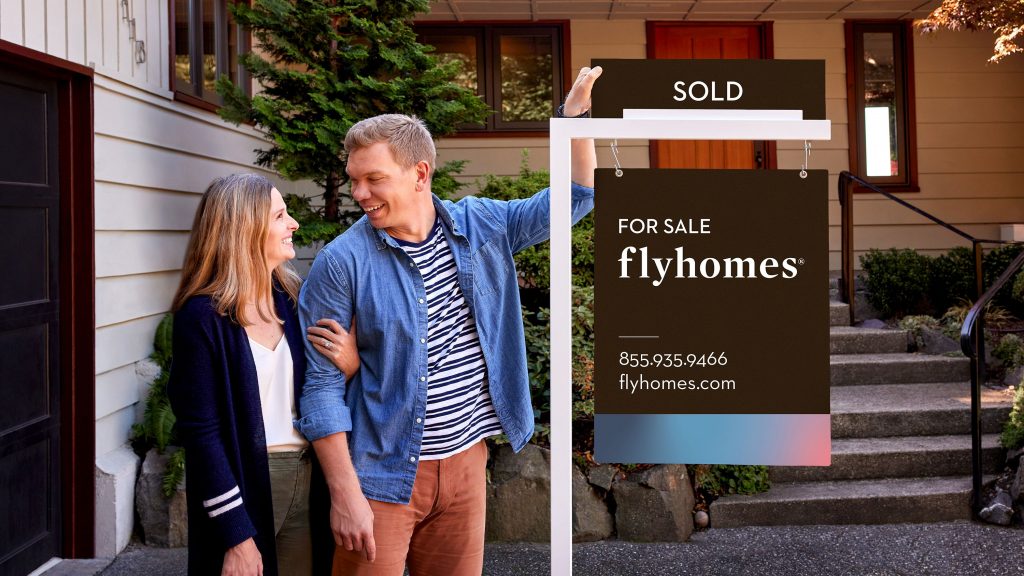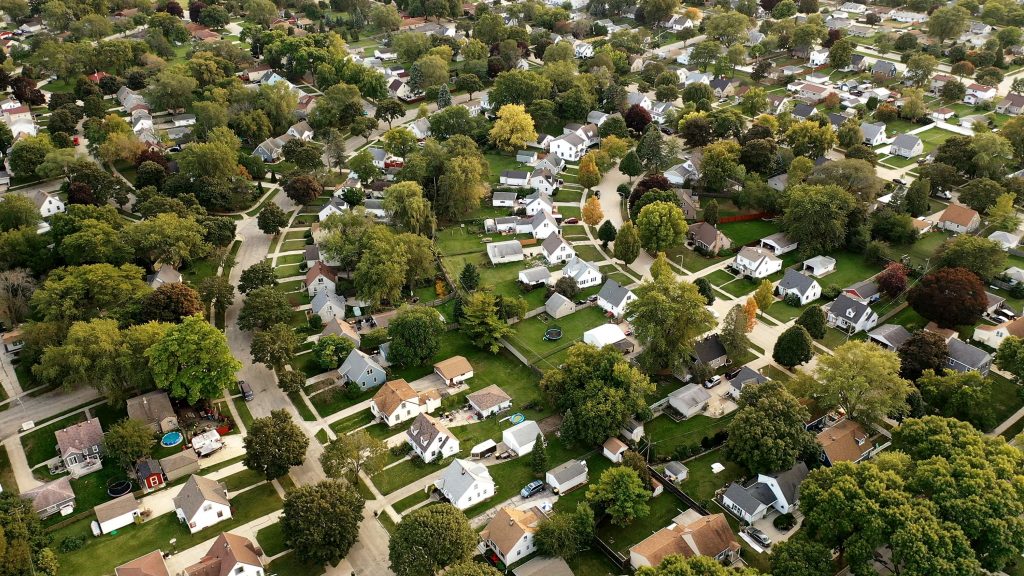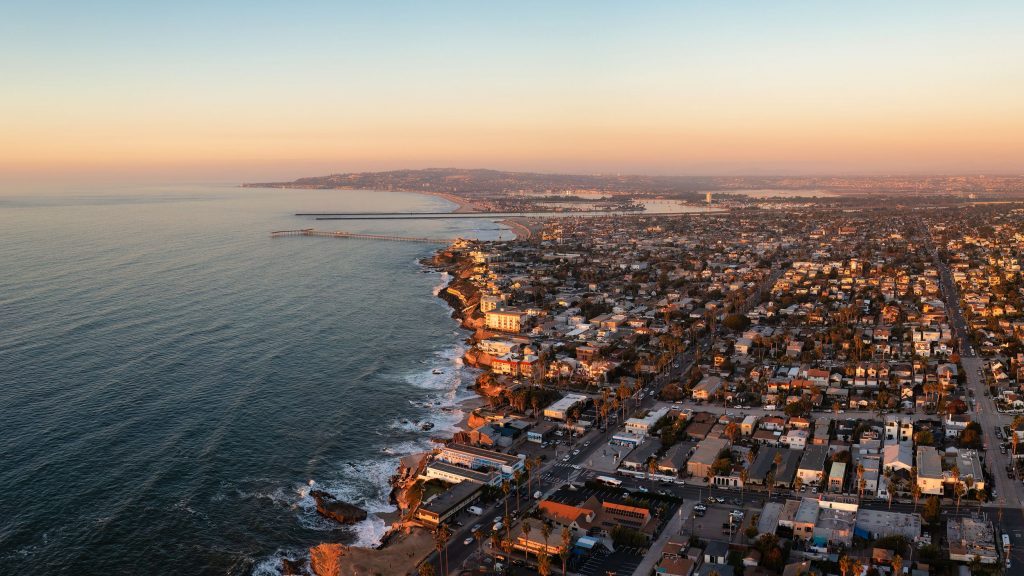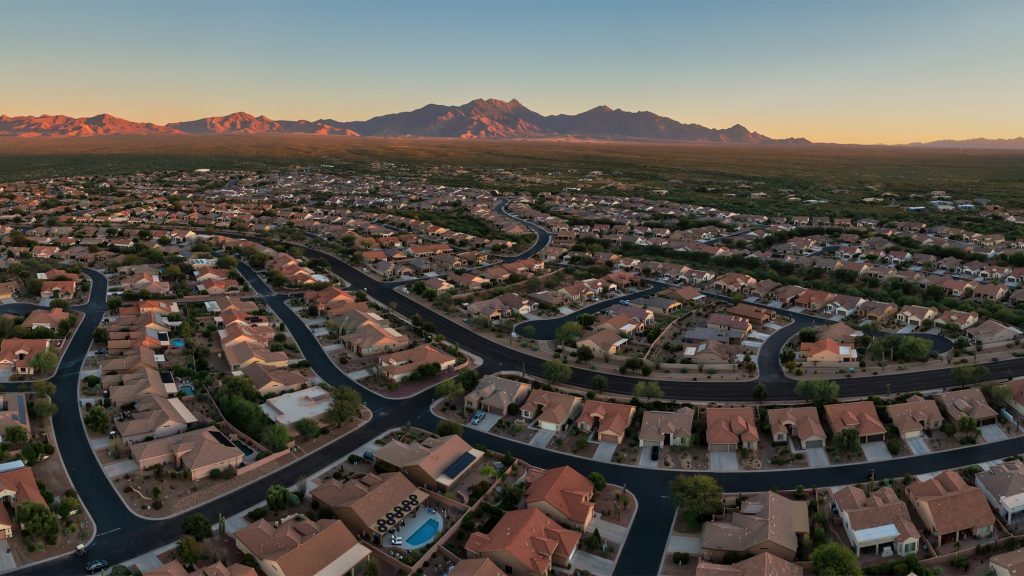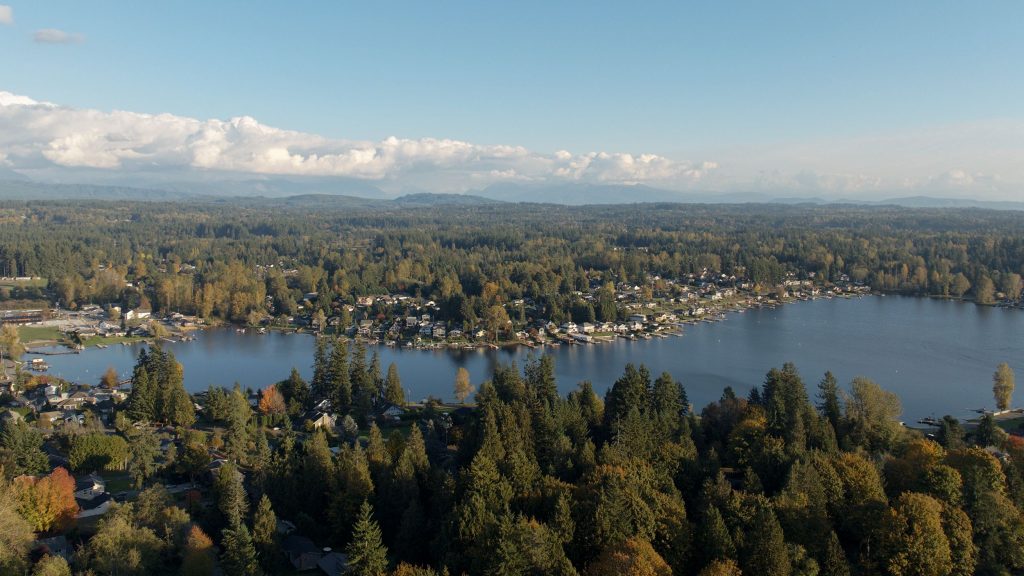Understanding closing costs to help you make a more accurate homebuying budget
If you’re ready to come to the negotiating table with your down payment, it’s important to not forget about closing costs—what are they, and how much will you pay? In this article, we’ll cover the common closing costs you can expect to pay when you buy a home.
In this article
Key takeaways
- Buyer closing costs typically total 2-5% of your loan amount
- Buyers customarily bear the brunt of closing costs
- Closing costs related to inspections and insurance are often required by lenders
- It is sometimes possible to ask for concessions to have your seller cover some of your closing costs
- While it’s possible to fold closing costs into your mortgage, you’ll be responsible for interest
What are closing costs?
Closing costs are fees associated with the administrative side of buying a home. Any cost associated with your real estate transaction beyond the purchase price of your property can be considered a closing cost. While some closing costs are paid directly to your lender, others go to mortgage brokers, title companies, home inspectors, escrow companies, and others.
While both buyers and sellers are responsible for closing costs, buyers are typically responsible for the majority of the closing costs. The specifics of who pays for what varies by property. You may be able to save on some closing costs under certain circumstances.
Having a good idea of the average cost to close on a house can help you to create a budget for how much home you can afford without any last-minute surprises.
How much are closing costs?
While the term “closing costs” technically refers to a variety of different fees paid to a variety of different service providers, it’s best to consider your closing costs as a lump fee when budgeting for a home to purchase. The typical total for closing costs is between 2-5% of your loan amount. Looking at a mortgage around $250,000? Budget for closing costs between $5,000 and $12,500.
Buyers don’t have to worry about being surprised by closing costs. Your lender is actually required to outline them in the loan estimate that comes with your closing disclosure document before you agree to your loan terms. In some cases, you may be able to fold your closing costs into your financing. Just keep in mind that financing closing costs means paying interest on closing costs.

What are the different closing costs buyers pay?
Closing costs cover a sweeping range of categories, from processing fees to property taxes and more. While buyers can generally anticipate what their closing costs will look like ahead of time, you should keep in mind that fees often vary based on city, state, and lender.
Application fee: $0-$500
Lenders use this fee to cover processing costs related to credit checks and administrative work. Charges range from $0 to $500.
Loan origination fee (also known as underwriting fee): variable
Totaling between 0.5% and 1.5% of your loan amount, origination fees cover the cost of evaluating, preparing, and administering your loan.
Rate lock fee: 0.25-0.5% of loan
Have you noticed how frequently interest rates fluctuate? Lenders charge rate lock fees to guarantee an interest rate for a certain number of days. That means your rate can’t go up by the time you get to closing. While some lenders charge for this guarantee, a good number of mortgage companies actually lock in rate guarantees for free.
Appraisal fee: $300-$500
Lenders require appraisals in order to justify the loan amount you’re requesting. An appraisal also benefits you as a buyer, because you may be able to rescind your offer without losing your earnest money deposit if the appraisal comes in lower than the offer price.
Home inspection: $300-$600
While an inspection-free offer may help you to skip this cost, the lifetime cost of not getting an inspection before closing on a home can be much higher. Problems discovered during inspection may allow you to negotiate a lower price, request that issues get fixed before closing, or back out of your contract without losing your earnest money.
Pest inspection: $100-$200
You may also be required to have a separate pest inspection that looks for pest-related damage when financing your purchase through a government-insured loan.
Prepaid interest: variable
Your lender will probably ask you to pay any interest that accrues on your mortgage between your settlement date and first mortgage payment due date. Your loan amount, type of loan, and credit history determines the size of your interest payment.
Attorney’s fees: variable
While the presence of an attorney at closing is only legally required in some states, all buyers should consider hiring a real estate attorney. The cost varies based on how many hours your attorney logs.
Prepaid mortgage insurance: variable
If you’re taking on private mortgage insurance (PMI) because you’re putting down less than 20%, your lender may ask you for your first year of PMI all at once. Other lenders actually want a lump sum for the life of your loan on a prepaid basis. While costs vary based on your loan amount, total PMI costs are usually between 0.22-2.25% of your mortgage.
Points: 1% of loan value for each point
You can use optional mortgage discount points to lower your interest rate when you first close on your loan. In most cases, you’ll be awarded one point for every 1% of your mortgage loan you pay.
Recording fee: $120
Your local government may charge a recording fee for the recording of land records.
Property taxes: variable
Sellers generally pay a prorated amount of property taxes covering the amount of time they’ve lived in a house during a tax year. Likewise, buyers are responsible for a prorated amount covering property taxes for the remaining portion of the tax year. Ultimately, that means that the amount you owe for property taxes at closing is mostly based on how far into the year you are when you purchase the home.
Title search fee: $250-$600
You’ll pay a title company to analyze public records to ensure that the property you’re buying is free of liens and ownership disputes.
Title insurance: $700-$1,000
Title insurance protects buyers and lenders against losses or damages caused by a bad title. Typically, a policy provides coverage against back taxes, liens, will-related conflicts, and other common claims.
Survey fees: $300-$500
A survey company verifies the property lines on a property before closing.
Transfer tax: variable
Transfer tax is a fee applied by a state or local government when the title of a property is transferred. While the cost varies by location, it is usually a percentage based on the purchase price of a home.
HOA fee: variable
If you’re moving into a community with HOA fees, you may be required to pay a prorated amount to cover fees for the remainder of the year.

Can you ask the seller to pay closing costs?
There is no set rule about who pays closing costs. Buyers traditionally bear the brunt of closing costs in standard contracts. However, sellers usually cover Realtor fees.
It’s not uncommon for buyers to ask sellers to take on some additional closing costs as part of a negotiation. Seller concessions are closing costs that sellers agree to pay as part of a purchase contract. In some cases, buyers may ask sellers to cover specific closing fees. Other buyers may request coverage for a percentage of total closing costs.
Can you negotiate closing fees?
Most closing fees are fixed because you’re paying for products and services that aren’t negotiable in the way that a home’s asking price is. However, you may be able to negotiate some closing fees with your lender.
Read your loan agreement carefully to see if any fees on the list seem to be unnecessary. Some lenders tack on nonessential fees that are known in the lending industry as junk fees. Many lenders are open to reducing or removing some fees if borrowers point out that they are unnecessary. Speaking up if you notice excessive processing fees could help you to reduce your closing costs by a small percentage.
Final thoughts
While it can be a little disheartening to learn that the down payment isn’t necessarily the finishing line for saving up money to close on a house, the news about closing costs isn’t necessarily all bad. Many of the services covered by closing costs actually protect the buyer from entering into a bad deal. Details like inspections, title searches, surveys, and title insurance provide avenues for exiting the deal without losing your earnest money deposit if the seller hasn’t disclosed these issues.
FAQs
How do you figure closing costs?
Once an offer is accepted, most buyers can assume that closing costs will total between 2-5% of a loan amount.
How much should you budget for closing costs?
Start by figuring out how much you will need to borrow after putting down your down payment. Your closing costs will likely be between 2-5% of the total amount you need to borrow.
Can I avoid closing costs?
It’s almost impossible for a buyer to avoid paying any closing costs at all. However, you can ask the seller to cover some closing costs by asking for seller concessions.
Can you roll closing costs into your mortgage?
Yes, some lenders do allow buyers to roll closing costs into a mortgage. The rules will vary based on the type of loan you’re getting. However, you will have to pay interest on the amount you’ve borrowed for closing costs throughout the life of your loan. This could cause your closing costs to be much higher than they would be if you paid them at closing.


